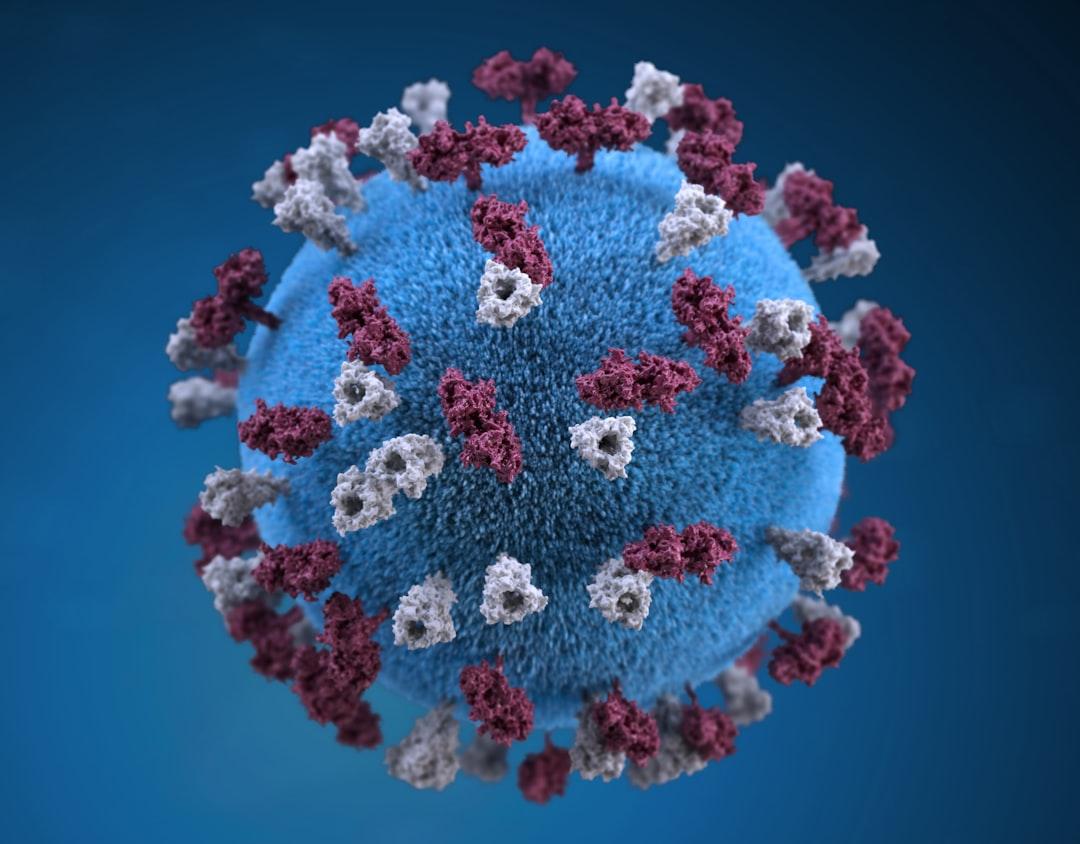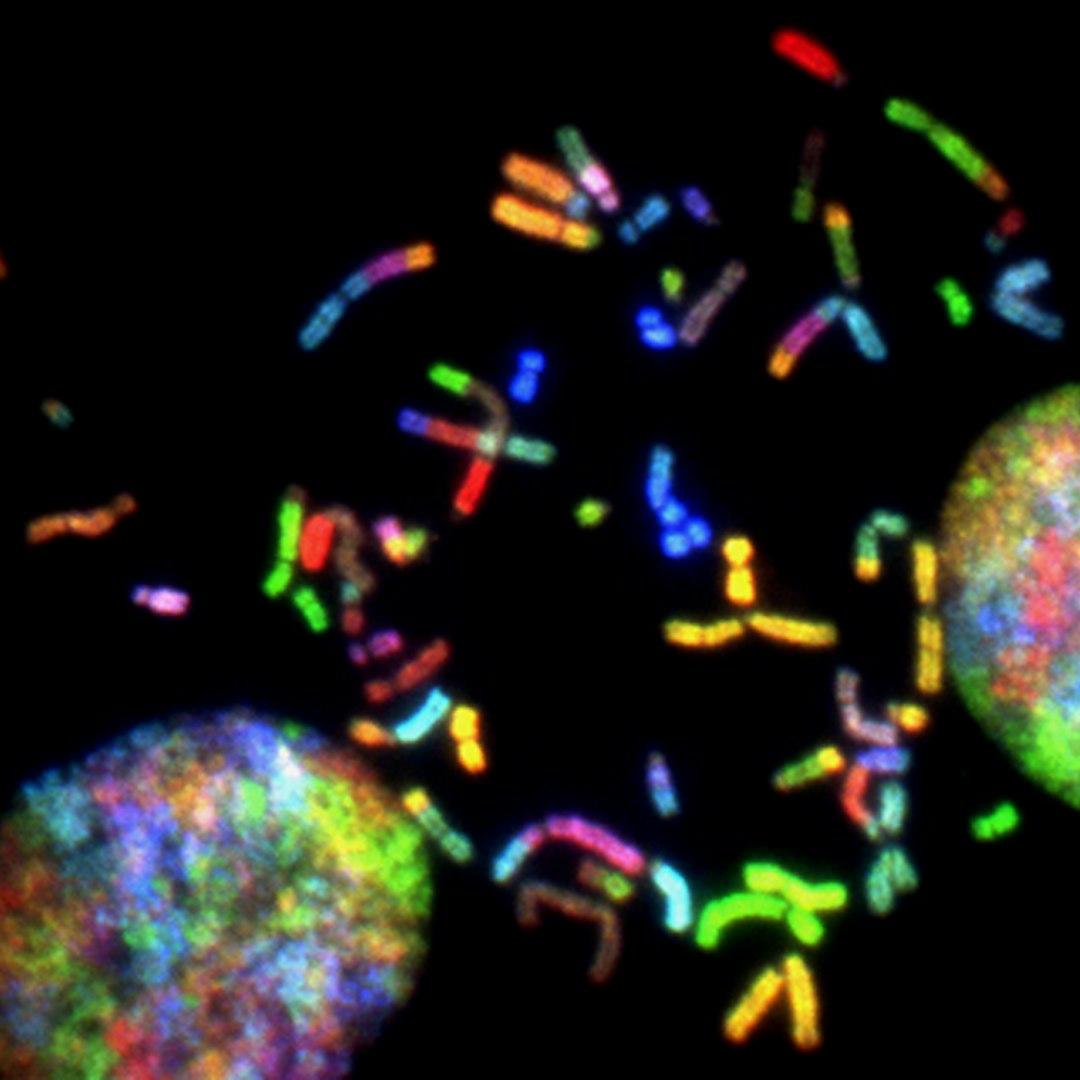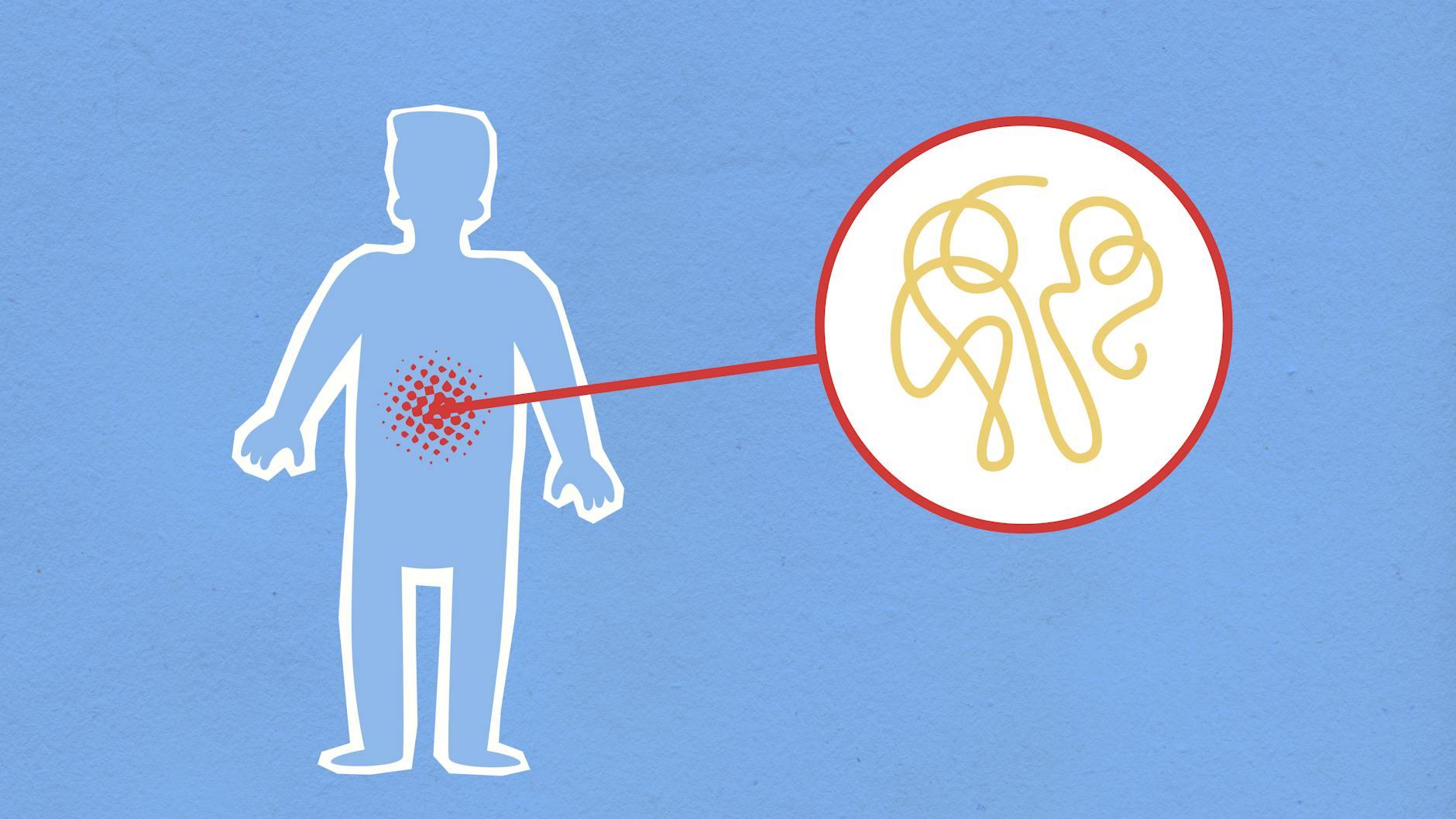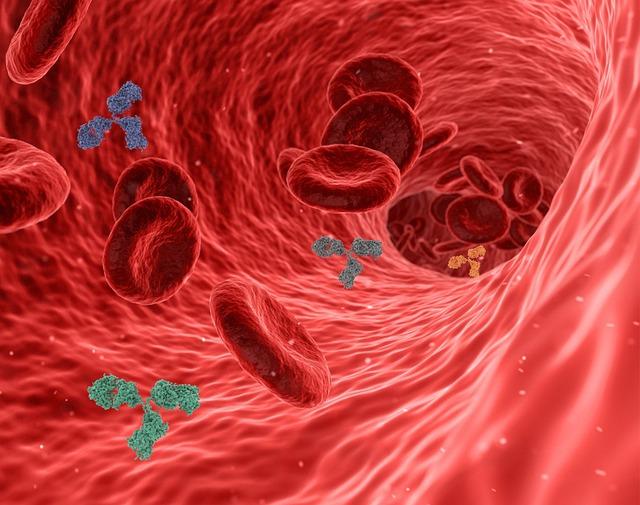Dymphna Lanjuran's Key Ideas from The Autoimmune Cure
by Sara Szal Gottfried M.D.
Ideas, facts & insights covering these topics:
12 ideas
·18.5K reads
42
4
Explore the World's Best Ideas
Join today and uncover 100+ curated journeys from 50+ topics. Unlock access to our mobile app with extensive features.
Understanding Autoimmune Diseases
Autoimmune diseases occur when the body's immune system mistakenly attacks its own tissues, leading to inflammation and tissue damage.
Examples of autoimmune diseases include:
- Rheumatoid arthritis
- Lupus
- Multiple sclerosis
- Type 1 diabetes
- Hashimoto's thyroiditis
104
1.53K reads
Root Causes
- Genetic Predisposition: Some individuals may have a genetic susceptibility to autoimmune conditions, although environmental factors often play a significant role.
- Environmental Triggers: Factors such as infections, toxins, stress, and dietary choices can trigger or exacerbate autoimmune responses.
- Gut Dysbiosis: Imbalances in the gut microbiome, such as an overgrowth of harmful bacteria or yeast, can contribute to immune dysfunction and autoimmune diseases.
97
1.16K reads
The Gut-Immune Connection
- The gut is home to a complex ecosystem of microorganisms that play a crucial role in immune function and inflammation regulation.
- Intestinal permeability, or "leaky gut," can allow harmful substances to enter the bloodstream, triggering immune responses and inflammation.
- Strategies to support gut health include consuming probiotic-rich foods, minimizing intake of inflammatory foods, and addressing food sensitivities.
97
1K reads
The Role of Inflammation
- Chronic inflammation is a common feature of autoimmune diseases and can contribute to tissue damage and symptom exacerbation.
- Inflammatory cytokines, such as tumor necrosis factor-alpha (TNF-alpha) and interleukin-6 (IL-6), are elevated in individuals with autoimmune conditions.
- Lifestyle factors such as diet, stress, lack of exercise, and environmental toxins can contribute to inflammation.
97
893 reads
Healing Through Diet
- An anti-inflammatory diet focuses on whole, nutrient-dense foods that help reduce inflammation and support immune function.
- Key components of an anti-inflammatory diet include plenty of fruits and vegetables, healthy fats (such as omega-3 fatty acids), lean protein, and fiber.
- Foods to avoid on an anti-inflammatory diet include processed foods, refined sugars, refined grains, and trans fats.
114
916 reads
Stress Management Techniques: How to Reduce Chronic Stress
Chronic stress can make autoimmune symptoms worse by disrupting the immune system and causing inflammation.
Stress management techniques that can help:
- mindfulness meditation
- deep breathing exercises
- yoga
- progressive muscle relaxation
These techniques can lower stress and boost immune function.
103
810 reads
Detoxification
- Detoxification strategies aim to support the body's natural detoxification pathways, including the liver, kidneys, and lymphatic system.
- Methods for detoxification may include
- eating a nutrient-rich diet,
- staying hydrated,
- exercising regularly, and
- avoiding exposure to environmental toxins.
102
805 reads
Restoring Hormonal Balance
- Hormonal imbalances, such as thyroid dysfunction or adrenal fatigue, can contribute to autoimmune symptoms and exacerbate inflammation.
- Balancing hormones through lifestyle modifications, dietary changes, and targeted supplements can help alleviate symptoms and support overall health.
92
796 reads
Personalized Treatment Approach
Autoimmune diseases affect everyone differently, so it's important to find a treatment plan that works for you.
Consider working with specialists to create a customized plan that targets your unique symptoms and imbalances.
- Each person's experience with autoimmune disease is unique
- Treatment plans should be tailored to individual needs, preferences, and health history
- Work with healthcare professionals who specialize in autoimmune conditions
- Create a personalized treatment plan targeting specific symptoms and imbalances
92
656 reads
Long-Term Wellness
Simple steps for long-term wellness with autoimmune conditions:
- Commit to lifestyle changes
- Monitor symptoms regularly
- Seek support from healthcare professionals, friends, and family
Consistency with healthy habits such as a balanced diet, stress management, exercise, and sleep can manage symptoms and improve quality of life.
97
712 reads
To improve your autoimmune condition, you need to first address inflammation and immune dysregulation, which are at the root of most autoimmune diseases."
SARA GOTTFRIED, MD
106
2.03K reads
You have the power to influence your genes and your health destiny through the choices you make every day, starting with what you eat, how you manage stress, how you move your body, and how you sleep.
SARA GOTTFRIED, MD
156
7.24K reads
IDEAS CURATED BY
Lawyer turned Artist Visionary Curator & Gallerist. Empowering self-love and joy through art & words. www.innerjoyart.com 💝 Instagram : dymphna.art
CURATOR'S NOTE
Recently, my dad faced a life-threatening medical condition which was diagnosed as an autoimmune disease. Learning as much as I can about this condition now.
“
Discover Key Ideas from Books on Similar Topics
6 ideas
What Every BODY is Saying
Joe Navarro, Marvin Karlins
7 ideas
Don't Believe Everything You Think
Joseph Nguyen
5 ideas
Don't Believe Everything You Think
Joseph Nguyen
Read & Learn
20x Faster
without
deepstash
with
deepstash
with
deepstash
Personalized microlearning
—
100+ Learning Journeys
—
Access to 200,000+ ideas
—
Access to the mobile app
—
Unlimited idea saving
—
—
Unlimited history
—
—
Unlimited listening to ideas
—
—
Downloading & offline access
—
—
Supercharge your mind with one idea per day
Enter your email and spend 1 minute every day to learn something new.
I agree to receive email updates











